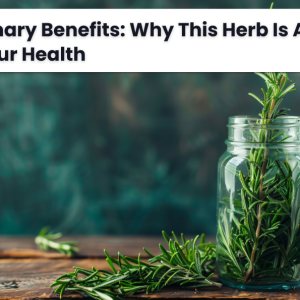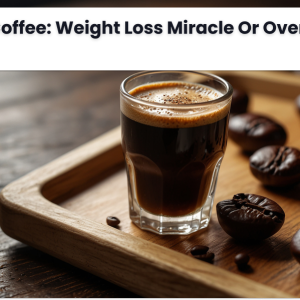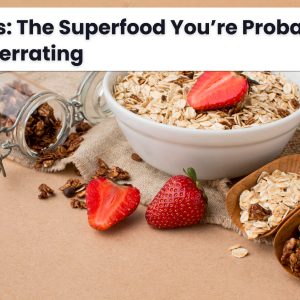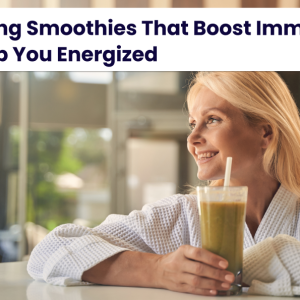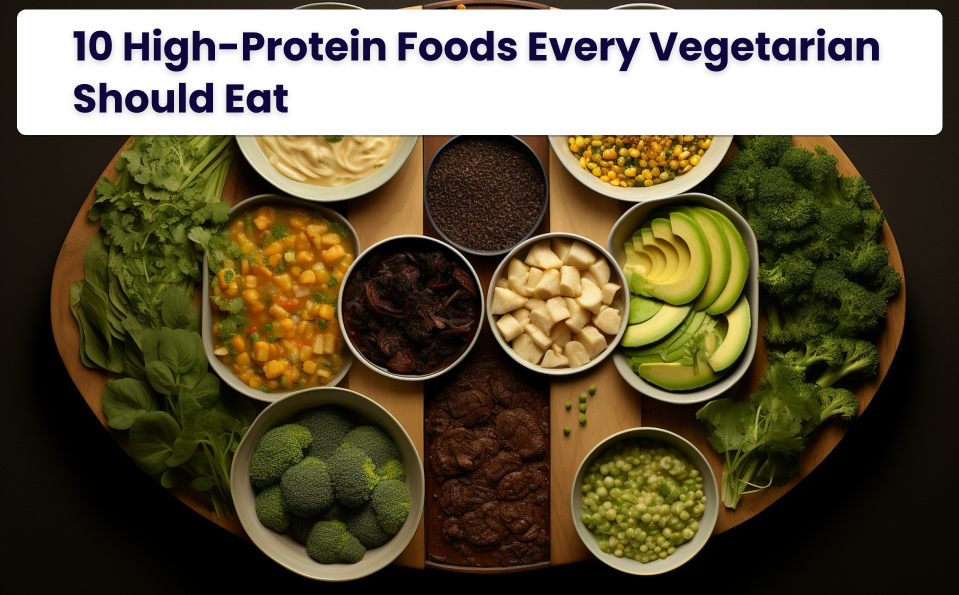
10 High-Protein Foods Every Vegetarian Should Eat
Protein is an essential nutrient that helps build muscles, repair tissues, and maintain overall health. While vegetarians may not consume meat, there are plenty of high-protein, plant-based foods and dairy options to meet their nutritional needs. Whether you are a lifelong vegetarian or just exploring plant-based eating, this guide covers the top protein-rich foods for vegetarians in the USA and Canada.
Why Is Protein Important for Vegetarians?
Protein serves as a building block for the body and contributes to many critical functions, including:
- Muscle repair and growth: Supports an active lifestyle by aiding in recovery after exercise.
- Energy production: Ensures sustained energy throughout the day.
- Immune health: Helps produce essential enzymes and hormones.
For vegetarians, finding adequate protein sources requires balancing diverse food groups, ensuring all essential amino acids are included in their diet.
Top Protein-Rich Foods for Vegetarians
1. Lentils
Lentils are versatile and can be used in soups, salads, and curries.
- Protein Content: 18 grams per cooked cup
- Benefits: High in fiber, lentils support digestion and heart health while also being rich in iron.
2. Chickpeas
These legumes are great in hummus, salads, and stews.
- Protein Content: 15 grams per cooked cup
- Benefits: Rich in magnesium and fiber, chickpeas aid digestion and promote fullness.
3. Quinoa
Quinoa is a complete protein that contains all nine essential amino acids.
- Protein Content: 8 grams per cooked cup
- Benefits: Gluten-free and rich in antioxidants, it reduces inflammation and supports weight management.
4. Tofu
Made from soybeans, tofu is a flexible ingredient for stir-fries and soups.
- Protein Content: 10-15 grams per half-cup
- Benefits: Low in calories and high in calcium, it supports bone health and muscle recovery.
5. Tempeh
Tempeh is a fermented soy product with a nutty flavor.
- Protein Content: 15-20 grams per half-cup
- Benefits: Contains probiotics for gut health and improves digestion.
6. Greek Yogurt
A popular breakfast or snack option, Greek yogurt packs a protein punch.
- Protein Content: 10 grams per 100 grams
- Benefits: Probiotics improve gut health, and calcium strengthens bones.
7. Hemp Seeds
Hemp seeds are an excellent topping for smoothies and salads.
- Protein Content: 10 grams per three tablespoons
- Benefits: High in omega-3 fatty acids, they promote heart health and reduce inflammation.
8. Peanuts and Peanut Butter
A convenient snack or spread, peanuts are rich in protein and healthy fats.
- Protein Content: 7 grams per 2 tablespoons of peanut butter
- Benefits: Packed with antioxidants and good fats, they support heart health.
9. Edamame
Young soybeans served as a snack or appetizer, edamame is easy to prepare.
- Protein Content: 18 grams per cooked cup
- Benefits: Rich in folate, it supports energy production and brain health.
10. Cottage Cheese
Cottage cheese is a protein-rich dairy product with a creamy texture.
- Protein Content: 14 grams per half-cup
- Benefits: Low in calories and packed with calcium, it’s perfect for muscle building.
FAQs About Vegetarian Protein Sources
1. How much protein do vegetarians need daily?
The average adult needs about 46-56 grams of protein daily, depending on age, gender, and activity level. Vegetarians can meet this requirement with plant-based and dairy options.
2. Can vegetarians get enough protein without supplements?
Yes, by consuming a variety of protein-rich foods like lentils, quinoa, tofu, and Greek yogurt, vegetarians can meet their protein needs without supplements.
3. Are plant-based proteins as effective as animal proteins?
When combined thoughtfully, plant-based proteins can provide all essential amino acids, making them just as effective as animal proteins.
4. What are complete proteins, and why are they important?
Complete proteins contain all nine essential amino acids. Foods like quinoa, soy products, and hemp seeds are excellent sources.
Summary
For vegetarians in the USA and Canada, meeting protein requirements is simple and delicious with the right food choices. Incorporate these high-protein foods into your meals to stay energized and healthy while enjoying a variety of flavors. Whether you prefer lentils, tofu, or hemp seeds, there’s a protein-rich option for every taste and lifestyle.
Start building a balanced vegetarian diet today, and experience the benefits of plant-based protein!
